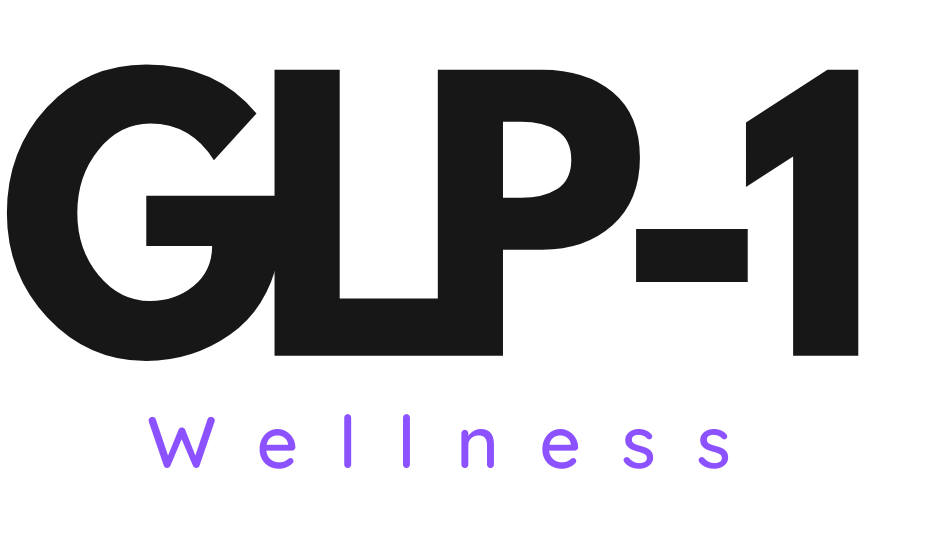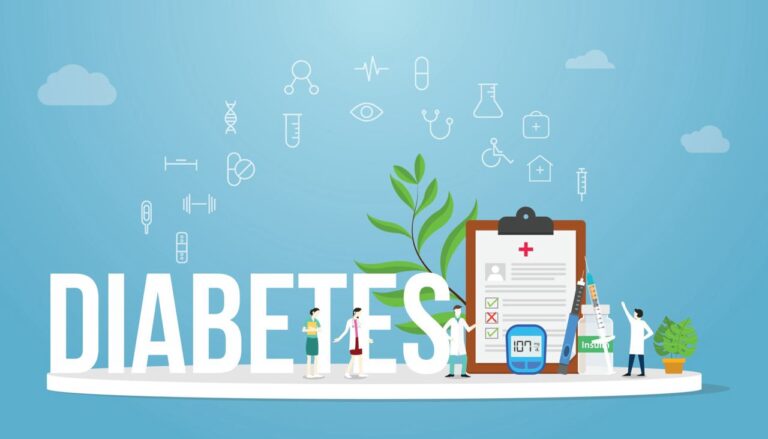Nurturing Well-being: Exploring the Psychosocial Dimensions of GLP-1 Medication Use
In the intricate landscape of diabetes management, the psychosocial dimensions of treatment play a profound role in shaping individuals’ experiences and overall well-being. The advent of GLP-1 (glucagon-like peptide-1) medications has not only transformed the clinical landscape but has also introduced novel considerations regarding the psychosocial aspects of their use. This article delves into the nuanced interplay between GLP-1 medication use and the psychosocial factors that influence patient adherence, satisfaction, and the broader spectrum of well-being.
Managing diabetes is more than a clinical journey; it encompasses the emotional, social, and lifestyle dimensions of individuals’ lives. The introduction of GLP-1 medications, known for their efficacy in glycemic control and additional benefits such as weight loss, prompts an exploration into how these medications impact patients on a psychosocial level. One significant psychosocial aspect of GLP-1 medication use is the influence on patient adherence. Understanding the factors that contribute to adherence or non-adherence is essential for healthcare providers seeking to optimize treatment outcomes. Issues such as injection anxiety, concerns about potential side effects, or the inconvenience of the dosing schedule can influence a patient’s commitment to the prescribed regimen.
The impact of GLP-1 medications on body weight can have both positive and negative psychosocial implications. While weight loss is a desirable outcome for many individuals, it can also evoke complex emotions related to body image, self-esteem, and societal perceptions. Exploring how patients navigate these psychosocial aspects can provide insights into the holistic impact of GLP-1 medications on individuals’ lives.
Furthermore, the convenience of GLP-1 medications, often administered through user-friendly injection devices, introduces a novel dynamic in terms of self-management. Understanding how individuals perceive and integrate these medications into their daily routines can shed light on the psychosocial factors that influence treatment satisfaction and overall treatment experience.
Social support and communication also emerge as critical psychosocial elements. The disclosure of diabetes and medication use can impact relationships with family, friends, and colleagues. Exploring how individuals navigate these conversations and the level of support they receive can influence their emotional well-being and, consequently, their ability to manage diabetes effectively. Healthcare providers play a crucial role in addressing the psychosocial dimensions of GLP-1 medication use. Building open and empathetic communication channels can enhance patient-provider relationships, fostering an environment where individuals feel comfortable discussing their concerns, preferences, and psychosocial challenges.
In conclusion, the psychosocial dimensions of GLP-1 medication use underscore the holistic nature of diabetes management. Beyond clinical efficacy, understanding the emotional, social, and lifestyle factors that intersect with treatment can guide healthcare providers in delivering patient-centered care. As we navigate this exploration, a deeper understanding of the psychosocial intricacies surrounding GLP-1 medications emerges, contributing to a more comprehensive approach to diabetes care that nurtures both physical and emotional well-being.







